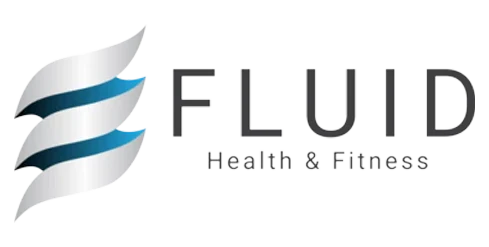Over the past few weeks, we have covered the importance of sleep and physical recovery to our physical and metabolic health. This week, we will be focusing primarily on the effect of sleep and metabolism on our cognitive recovery and health.
Cognition refers to any activity directed towards the processing of information through our thoughts, behaviors, experiences, and senses. A key part to cognition is memory and learning.
Memory
Memory is the brain’s capacity to process and store information and knowledge. There are several types of memory, but for the sake of this article, we will be focusing on two main types: declarative and procedural memory.
Declarative memory or explicit memory, is essentially “recall”. It is the information that we have to make a conscious effort to store, such as dates, names, events, places and facts. There are two subtypes, episodic and semantic. Episodic memory is primarily the things and events that we know about ourselves and our lives while semantic memory is all the facts and details we learn through reading and observation.
On the other hand, procedural memory or implicit memory is the type of information that becomes of a secondhand nature to most people, such as walking, talking, riding a bike, after repetition and practice. It is sometimes called “muscle memory”.
How the Brain Affects Memory
There are several structures in the brain that work together to help create, consolidate, and store memories. Some of the structures are the amygdala, the hippocampus, the basal ganglia, the cerebellum, and the prefrontal cortex.
The amygdala is primarily responsible for emotion regulation and responses, such as happiness, fear, and sadness. This is essential for declarative memory.
The hippocampus is responsible for memory processing and the creation of new declarative memories. When there is damage, the ability to form and process new declarative memories gets impaired. This is essential for declarative memory.
The basal ganglia play a important part in emotion processing, reward/pleasure, learning, and movement and coordination. This is essential for procedural memory.
The cerebellum is responsible for fine motor control. This is essential for procedural memory.
The prefrontal cortex is responsible for organizing information in our conscious, and working memory, such as locating objects or coming up with a quick-witted response.
Sleep and Memory
Quality, deep sleep is vital for both declarative and procedural memory. This is especially true, when there is a lot of complex information and strong emotions that need to be processed. When we are sleep deprived, it is harder for the brain to focus and receive information. This makes both our thoughts and movements slower. The resulting inefficiencies put additional stress on the body, which in turn, can affect our metabolism and hinder our functioning even further.
In addition to the restorative properties that sleep can gives us, it allows the brain to receive information efficiently as well as the ability to consolidate the information that we take in our surroundings. Essentially, sleep is critical for learning. Even when we can cram for tests, our minds will often forget the information unless we make a concerted effort to consolidate the information through a gradual process. Furthermore, this is why our brains tend to get foggy when we don’t have enough sleep and nutrients.
What are Some Tips for Cognitive Recovery?
Take a 15-to-20-minute break for 50-90 minutes of mentally taxing work – the brain can only take so much information in at a time so after the 90-minute threshold, the brain tends to slow down and lose focus on the task at hand.
Try to sleep at least seven hours per night – quality sleep on a regular basis impacts our mental acuity and physical movement.
Let both your body and mind rest – cognitive recovery can be hindered by physical exhaustion and can impact overall physical performance.



